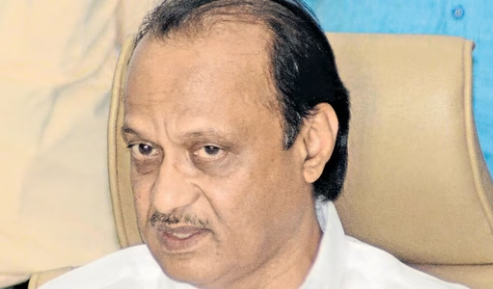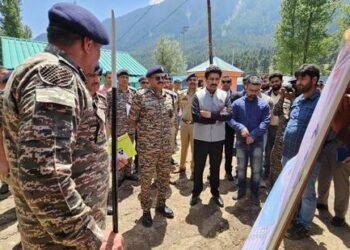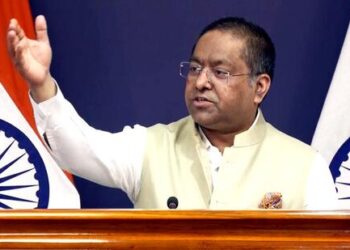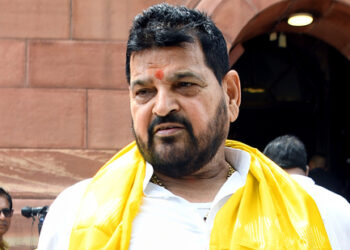In a candid expression of frustration, Maharashtra’s Deputy Chief Minister Ajit Pawar has stirred speculation by reflecting on what his political trajectory might have been had he been the son of senior politician Sharad Pawar. Ajit Pawar’s remarks have reignited discussions within political circles, shedding light on the underlying dynamics of power and privilege in Maharashtra’s political landscape.
Speaking at a public event, Ajit Pawar voiced his disappointment over what he perceived as a lack of opportunity in his political career, hinting at a hypothetical scenario where he would have enjoyed greater prospects if he bore the familial lineage of his uncle, Sharad Pawar. The candid admission has sparked conjecture and raised eyebrows, prompting observers to analyze the intricacies of dynastic politics and familial influence in Maharashtra.
The comments by Ajit Pawar come against the backdrop of ongoing discussions surrounding political succession and leadership transitions within the Pawar family. With Sharad Pawar’s prominent role in Maharashtra politics and his stature as a seasoned statesman, the question of succession has been a topic of keen interest and speculation, particularly within the Nationalist Congress Party (NCP) ranks.
Ajit Pawar’s remarks, while reflective of his personal sentiments, also highlight broader themes of ambition, aspiration, and the complexities of navigating political landscapes shaped by familial ties and legacy. The deputy chief minister’s candid admission underscores the nuanced dynamics at play in Maharashtra’s political arena, where lineage and pedigree often intersect with merit and opportunity.
The speculation sparked by Ajit Pawar’s remarks underscores the enduring fascination with political dynasties and the enduring influence of familial connections in shaping political destinies. As Maharashtra gears up for upcoming electoral battles and faces shifting political dynamics, Ajit Pawar’s comments add another layer to the ongoing discourse surrounding leadership, succession, and the distribution of power within the state’s political hierarchy.
While Ajit Pawar’s hypothetical reflection offers insight into his personal frustrations and aspirations, it also serves as a reminder of the intricate interplay between individual ambition and institutional structures in Maharashtra’s complex political landscape. As the state continues to navigate evolving challenges and opportunities, the comments by the deputy chief minister contribute to the ongoing dialogue surrounding leadership, succession, and the future direction of Maharashtra’s political landscape.








 India
India












